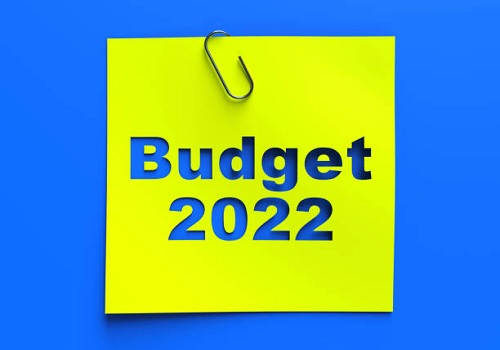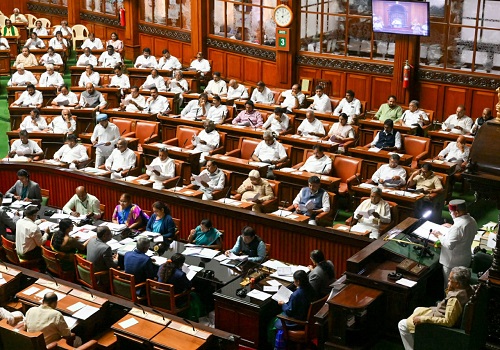Exit Trend: Markets mostly subdued on budget day since 2012

Follow us Now on Telegram ! Get daily 10 - 12 important updates on Business, Finance and Investment. Join our Telegram Channel
Since 2012, India's key equity indices have mostly given a negative reaction on the union Budget day.
As per the data, profits have mostly been booked on the day when the Finance Minister tables the Finance Bill in the Parliament.
Since 2012, including 'vote on account' the markets have given a negative return on seven occasions ranging from (-) 0.10 per cent to (-) 2.51 per cent.
On the other hand, markets have only risen five times in the period under review.
In terms of budget day, the biggest fall in the last decade was on FY21 Budget day, where the markets crashed nearly 2.5 per cent, while on the FY22 Budget day, it rose the most -- 4.7 per cent.
Current Finance Minister Nirmala Sitharaman was the minister during both these two Budgets.
Notably, market watchers have cited a pre-Budget rally as the cause for profit bookings and subsequent slide in the markets.
In fact, budgetary factors such as Capex numbers, fiscal deficit limit, fundraising targets, incentives for investments impact investors' sentiments.
"About 40 per cent of the time, the markets end higher on the Budget day and on balance days, they end in the negative," said Deepak Jasani, Head of Retail Research, HDFC Securities.
"This would depend on expectation buildup ahead of the Budget, run up in the markets ahead of the Budget, other factors locally and globally that can impact the markets in normal times, and finally the outcome of the Budget - whether it is bold, reformist, path breaking etc and its provisions on the capital market transactions."
Other factors which will influence the markets loom large, including the US Fed stance, rising interest rates, inflation, geo political events amongst others, Jasani cited.
"Market heads into the budget with lots of expectations and can say a pre-budget rally therefore we see profit booking on the day of budget or selling pressure if expectations are not met," said Santosh Meena, Head of Research, Swastika Investmart.
Besides, Meena pointed out that this time things are different as the market "is very light and there is a pre-budget sell-off instead of a pre-budget rally" due to global weakness and no negative surprise is expected from the budget.
Since mid-January, the domestic benchmark indices have fallen nearly six per cent, data showed.
"We can expect a budget day or post-Budget rally this time similar to last year. If we look at last year's move then there was a pre-budget sell-off then budget day and post-Budget rally were seen," Meena said.
According to V.K. Vijayakumar, Chief Investment Strategist at Geojit Financial Services: "The budget can be a trigger for rally if there are some important proposals like -- including India in the Global Debt Indexes -- and tweaking of capital gains tax to facilitate the inclusion in global debt indexes.
"However, the most important factor determining market trends now and the coming days would be the behaviour of FIIs. If FIIs continue to sell big as they have been doing recently (FIIs have sold equity worth Rs 33,000 crore so far in January), that would be a major headwind for markets."












 320-x-100_uti_gold.jpg" alt="Advertisement">
320-x-100_uti_gold.jpg" alt="Advertisement">












